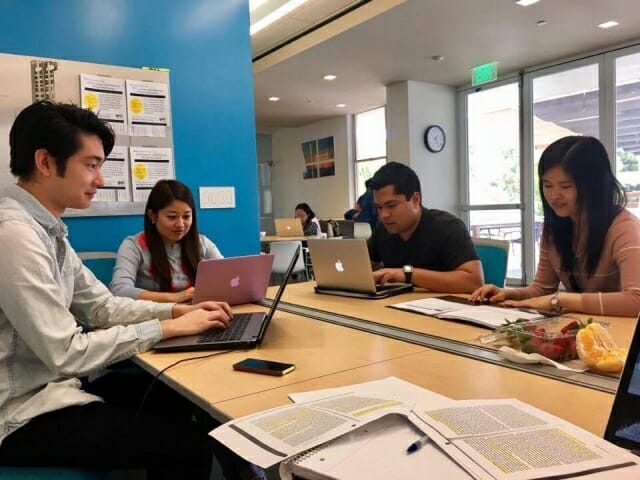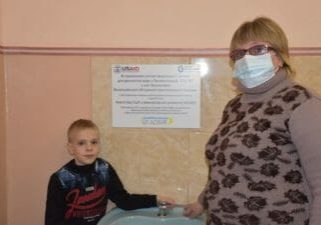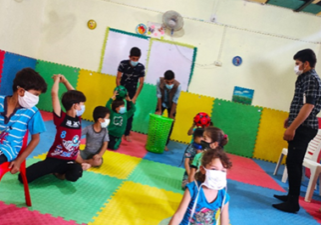News > Blog
VIPs: UCLA Master Graduate Candidates, Identifying Policies to Address Public Finance Issues at Local Level in Ukraine
Published 01/10/2018 by globalcommunities

VIPs Luis Bourgeois, Justin Ho, Hitomi Murakami, Sara Wu: Identifying Policies to Address Public Finance Issues at Local Level in Ukraine
November 2016-April 2017
What are the challenges and opportunities for improving governance at the local level in Ukraine? Starting in 2014, the Ukrainian government enacted a series of reforms to begin the process of creating new self-governing entities called consolidated communities, which were granted the ability to establish taxes and set their own budgets. The national government has also targeted how public funds should be spent by instituting a mandatory electronic procurement system called ProZorro to promote fair competition and transparency in the procurement process. A series of reforms was also passed to address endemic corruption at the national level.
Global Communities is currently implementing a five-year DOBRE (Decentralization Offering Better Results and Efficiency) project to support Ukrainian decentralization reforms while working with over 50 municipalities located in the central and western parts of the country. Given the broad range of relevant issues, Global Communities was interested in partnering with UCLA’s Luskin School of Public Affairs to get a deeper understanding of policies that may be helpful at the local level. UCLA’s team of four Master Graduate candidates declared themselves up to this challenge.
The UCLA team identified public finance-related issues as the most significant governance issue at the local level in Ukraine. Examples of inefficient procurement, embezzlement, or non-compliance with national laws were studied in order to learn from them and, in particular, from the ways local communities may have responded to these trials. Gathered examples served as the background against which the team considered policies that might prove useful in addressing public finance issues at two specific locations in Ukraine—Husiatyn and Zavodska—where Global Communities works with local authorities and community representatives to support decentralization. Four policy options were identified:
Policy Option 1: Training Government Officials and Businesses on ethics, law, and technical skills
Policy Option 2: Training Citizens and Journalists on ethics, law, and technical skills
Policy Option 3: Forming an Oversight Group to investigate, review and report on issues
Policy Option 4: Creating Tools and Resources to support selected policy options
Within each option, the UCLA team identified specific activities and evaluated their potential effectiveness given available information about the two partner communities. The team used the following criteria to determine which of the suggested policies to follow: (1) alignment with DOBRE goals; (2) administrative feasibility; (3) political feasibility; and (4) potential effectiveness. The study was accompanied by a literature review and case studies supporting suggested policy selection.
Read more about Building Institutions-Building Trust. Three Important Lessons On Fighting Corruption Through Decentralization in Ukraine on the Global Communities website.






